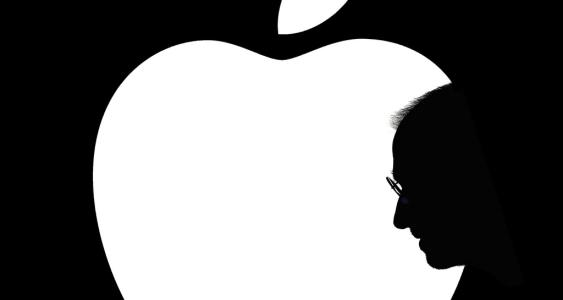A more immediate threat may be a Chinese reprisal for the Trump administration’s decision in May, on national-security grounds, to stop American companies from supplying Huawei, China’s tech champion (and the biggest seller of smartphones in China), with chips, software and other technology. A Chinese consumer boycott of Apple products could accelerate their shift towards other, cheaper brands. Because of the trade tensions, Citi, a bank, has halved its forecast for iPhone sales in China in the second half of this year, from almost 14.5m to 7.2m units.

Others reckon that Apple could offset Chinese losses by luring customers away from Huawei in other countries—but only if it could continue to churn them out in Chinese factories. Although Apple has tentatively started production of some iPhones in India for local customers, it appears if anything to have increased its China exposure, even as Mr Trump’s trade bluster has intensified. According to a review of Apple’s top 200 suppliers by the Nikkei Asian Review, a Japanese publication, last year those from China (41) exceeded those from America (37) for the first time—though Apple stresses the importance of its American supply chain. China has recently released draft cyber-security regulations that cover threats to national security and supply chains. Andrew Gilholm of Control Risks, a consultancy, says these could be weaponised against big American firms in China if the situation deteriorates.
译文由可可原创,仅供学习交流使用,未经许可请勿转载。












